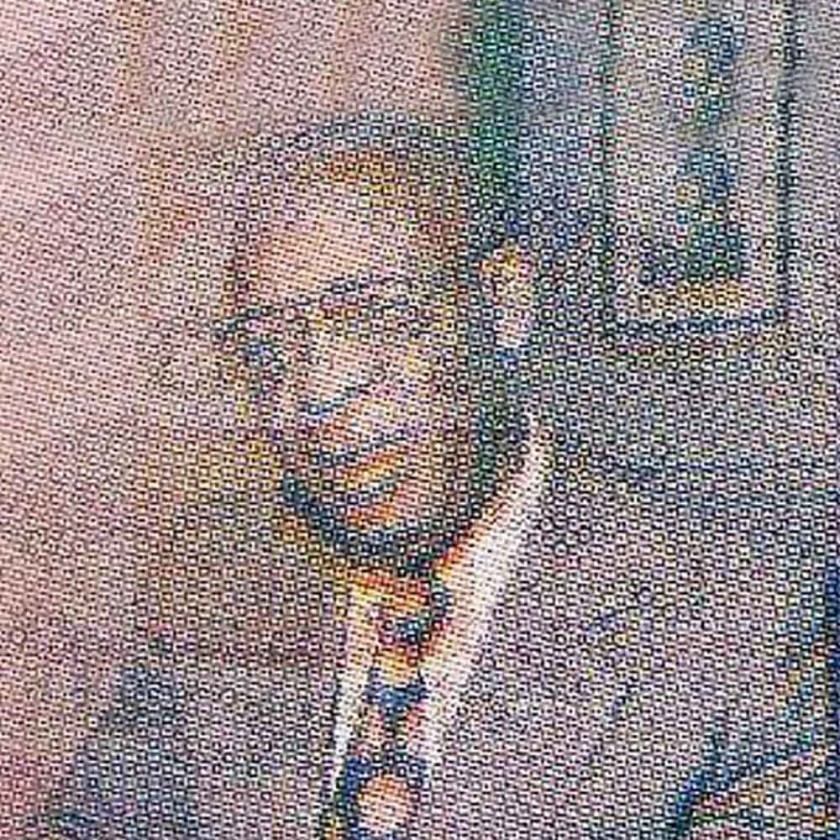LATE SIR ALEXANDER OGBONNAYA ONYEADOR (APRIL 1915 – JULY 1988)
The late Sir Alex Onyeador is one of the foremost Architect and Pioneer of Modern Amuvi Village, as we know it today.
Sir Alex was an accomplished businessman who rose through the ranks of Shell BP management program to become the first African employee appointed the Head of Land & Legal Department. He continued to become the first African Assistant General Manager of Shell BP, before resigning to establish his own company – Alex Onyeador Services & Supply Company.
He used his acquired wealth of Knowledge & Finance to create a golden ingot in Amuvi village, worthy of emulation by other villages.
In 1962, St. Thomas Primary School was on the verge of being closed for lack of attendance and financial support. The only option for all Amuvi indigenes was to either journey to Ututu, Obinkita, or Ibom in order to attend school. Sir Alex stepped in and donated a large parcel of land he bought from late Chief Orji Nwosu in 1960, to be used in building a new school, St. Thomas Primary School, Amuvi.
Prior to this time, the school was a make shift thatch house located across the road from the present school. He then used his influence in the Catholic Church to resist the attempt to send our children to Ututu, and instead more teachers were sent to live and teach in Amuvi village. From then on, the school took off on a sound footing, leading to 31 students taking their First School Leaving Certificate for the first time in 1966.
Sir Alex provided the first painting of St Thomas School after the original construction, and continued to make frequent donations and gifts to St Thomas for its upkeep before his death.
In 1968 during the civil war, while most people in the village were concerned about how to stay alive, Sir Alex was thinking about what Amuvi would look like if we had the village land surveyed and mapped out, so that individuals will be able to buy land within a structured environment. He then used his influence with the Biafran Army Engineers, along with his own money to form a survey team that mapped out our land and created many roads and streets with military construction equipment. From then on, it became easy for indigenes to buy land both for building homes and for agriculture, thereby spurring the current growth and development we are witnessing today. Who can say that Amuvi is not the best planned village among the nineteen villages in Arochukwu?
Sir Alex did not begin or end his philanthropy in Amuvi. He was a leader in the establishment of the first Post Office in Arochukwu. Having worked for the Nigerian Postal Service before joining Shell BP, he knew where to go and whom to see in order to make it happen.
He was instrumental in bringing the first and only General Hospital to Arochukwu. He personally was responsible for bringing all the medical doctors who served in Arochukwu prior to the civil war and for many years after the civil war to accept transfer to Arochukwu. A few examples are DRs Okoroma, Ojimma, and Okoye, all came to Arochukwu because of their relationship with Sir Alex, relationships that continued long after they left Arochukwu.
He brought the first Caterpillar equipment that widened the road from Ibom to Barracks, and degrading a difficult hill and terrain that made commuting to the hospital at that time almost impossible. He was really engaged in Amuvi and Arochukwu development and welfare.
Sir Alex when he was alive made it clear to his family and those very close to him that he would like to be remembered for his accomplishment within the Roman Catholic Church. He was a devout Christian to the best of his ability, and was twice elected to the Papal Order of the Knight of Mulumba and the Knight of Gregory. He did a lot of charitable work at Port Harcourt. He visited Rome twice and met with the Pope, and that was the climax of his accomplishment. He was the President of Amuvi Welfare Union from 1950 – 1971
